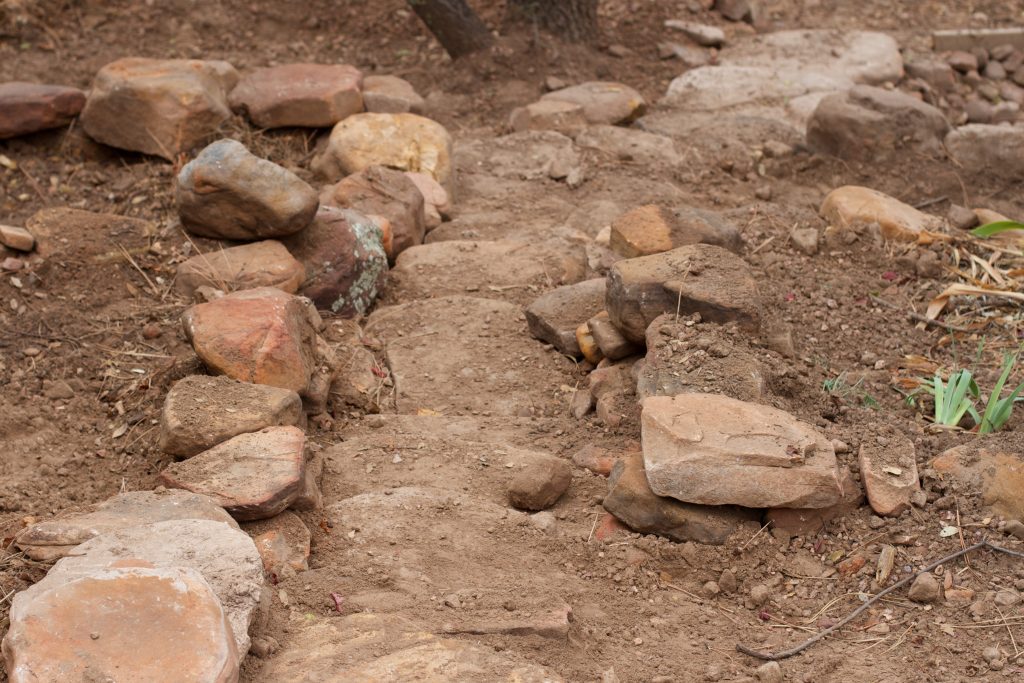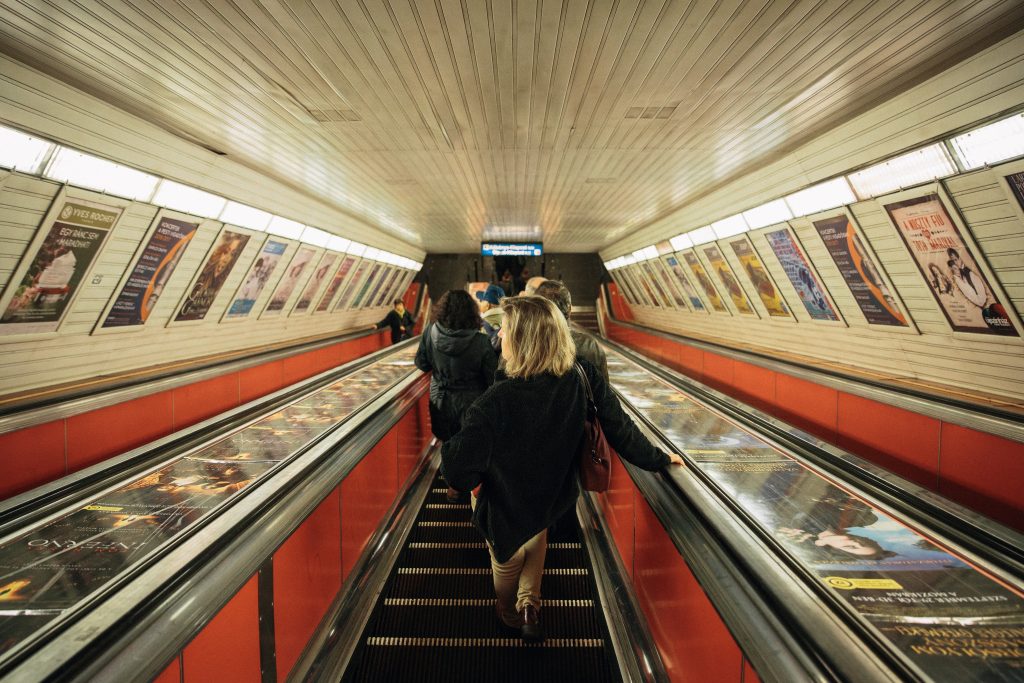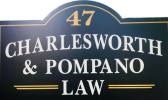ABOUT DEFECTIVE PREMISES

Defective premises accidents can entitle victims to compensation under Connecticut law
Call us today
Call us today
Types of Defective Premises include :
- Loose or broken floors, sidewalks, steps or stairs
- Unsecured hand rails
- Inadequate lighting
- Dog or animal attacks
- Failure to provide properly trained staff or security
- Elevator or escalator accidents
- Uneven walkways
- Stair height above/under code
- Potholes in parking lots
- Dangerously stacked merchandise
- Toxic fumes or chemicals

Duty Owed To An Invitee

Injured while at a business or somewhere else where you are invited to lawfully be on the premises? Here is some of the law behind it:
Invitees are generally people who come on land for a business purpose to the benefit of the land possessor or to the mutual benefit of the visitor and land possessor. The Connecticut Supreme Court described three types of invitees.
1. A public invitee is someone invited to enter or remain on land as a member of the public for a purpose for which the land is held open to the public.

2. A business invitee is someone invited to enter or remain on land for a purpose directly or indirectly connected with business dealing with the possessor of land.
3. A social invitee is someone who is owed the same standard of care as a business invitee (CGS § 52-557a). The distinction between an invitee and a licensee depends largely on whether the visitor received an invitation, as opposed to permission, to enter or remain on the land. Although an invitation does not establish the status of an invitee, it is essential to it.
The possessor of land owes an invitee all the duties that he owes to a licensee and also: (1) the duty to inspect the premises and erect safeguards, if necessary, to render the premises reasonably safe and (2) he has liability for defects that would ordinarily be discoverable by a reasonable inspection and he has the duty to give a proper warning. But he is not liable to anyone for unknown latent defects, that could not be discovered by the exercise of reasonable care.

The possessor of land owes an invitee all the duties that he owes to a licensee and also: (1) the duty to inspect the premises and erect safeguards, if necessary, to render the premises reasonably safe and (2) he has liability for defects that would ordinarily be discoverable by a reasonable inspection and he has the duty to give a proper warning. But he is not liable to anyone for unknown latent defects, that could not be discovered by the exercise of reasonable care.
Even if he/she is an invitee, the plaintiff must prove that the defendant had notice, actual or constructive, of the specific defective condition that caused the injury, and that the condition existed for a sufficient length of time to allow the possessor, in the exercise of reasonable care, an opportunity to discover it and fix it or warn of its presence. The possessor of land is not liable for hazards that could not have been discovered or anticipated.
Use of Expert Witnesses
Most often, a victim knows a defect in the premises caused their injuries but they do not know what exactly the defect is. This is why the opinion from the proper expert is required. In premises liability cases involving stairways, steps, sidewalks, or parking lot defects the plaintiff must prove that the alleged defect constitutes an unreasonably unsafe condition. One way to prove this and to give objective information to a jury is through the use of an expert witness (building expert, engineer, etc) to attest to some violation of a local code, such as a building code, fire code, life safety code, housing code or other applicable code. Establishing a code violation in support of a negligence claim will strengthen a defective premises claim. Violating a code is Negligence Per Se if (1) the code/statute protects a certain class of plaintiffs and (2) the plaintiff suffered an injury the code/statute intends to prevent.
